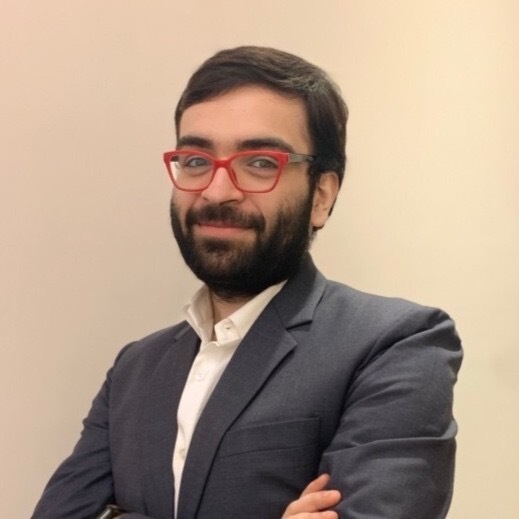 India's rural healthcare system faces significant challenges, including limited infrastructure, a shortage of professionals, and widespread lack of awareness about proper medical care. Addressing these critical disparities, Online Chikitsa Mitra was founded to provide quality, long-term healthcare to everyone, irrespective of their location. This innovative start-up connects remote patients with specialist doctors through E-clinics located in local medical stores. These store owners are trained to facilitate teleconsultations, ensuring that patients receive necessary care and follow-up without the need to travel long distances, which can sometimes exceed 50 kilometers.
India's rural healthcare system faces significant challenges, including limited infrastructure, a shortage of professionals, and widespread lack of awareness about proper medical care. Addressing these critical disparities, Online Chikitsa Mitra was founded to provide quality, long-term healthcare to everyone, irrespective of their location. This innovative start-up connects remote patients with specialist doctors through E-clinics located in local medical stores. These store owners are trained to facilitate teleconsultations, ensuring that patients receive necessary care and follow-up without the need to travel long distances, which can sometimes exceed 50 kilometers.
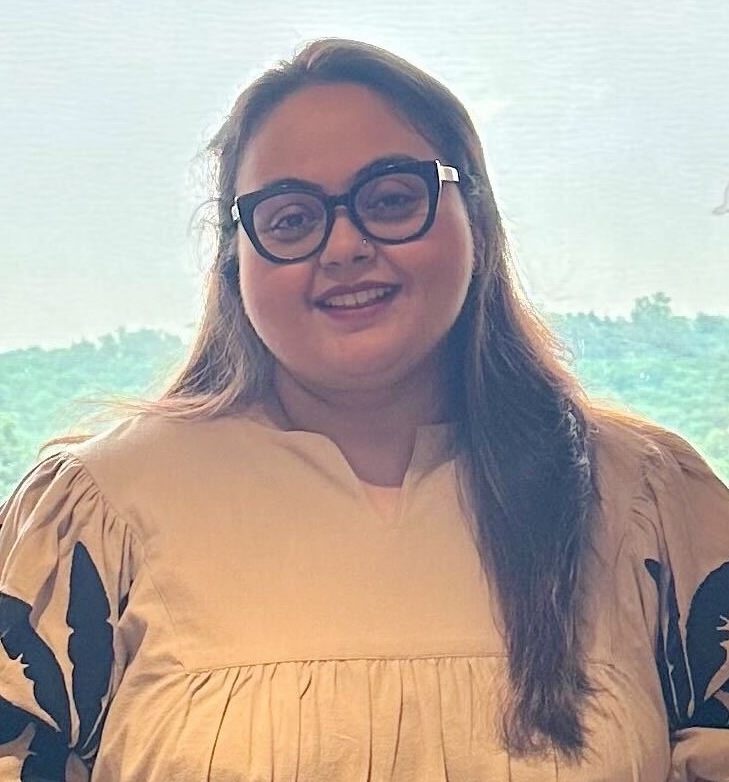 Shubhang Tandon, inspired by the stark healthcare divide in rural India, founded Online Chikitsa Mitra in 2019 to democratize healthcare access using technology. He was joined by his sister Smriti Tandon shortly after. What began as a pilot project has grown to facilitate over 62,800 virtual consultations across more than 13 states. The start-up's vision includes establishing over 100,000 E-clinics nationwide, aiming to make quality healthcare a right rather than a privilege. With more than 50 associated doctors and 500 E-clinics already in operation, Online Chikitsa Mitra is transforming healthcare accessibility in India and striving to ensure that good health is a fundamental human right for all.
Shubhang Tandon, inspired by the stark healthcare divide in rural India, founded Online Chikitsa Mitra in 2019 to democratize healthcare access using technology. He was joined by his sister Smriti Tandon shortly after. What began as a pilot project has grown to facilitate over 62,800 virtual consultations across more than 13 states. The start-up's vision includes establishing over 100,000 E-clinics nationwide, aiming to make quality healthcare a right rather than a privilege. With more than 50 associated doctors and 500 E-clinics already in operation, Online Chikitsa Mitra is transforming healthcare accessibility in India and striving to ensure that good health is a fundamental human right for all.
Democratizing Healthcare: How Online Chikitsa Mitra is Transforming Rural Medical Access
India's progress towards meeting the United Nations' Sustainable Development Goals (SDGs) is lagging, particularly in achieving SDG 3, which focuses on good health and well-being. The stark reality is that over three-quarters of healthcare infrastructure is concentrated in urban areas, where only a fraction of the population resides. Consequently, the majority of Indians residing in rural areas, lack access to even basic medical facilities. In response to this pressing need, Online Chikitsa Mitra was established in 2019 and has since ascended to become India's leading Rural Health-Tech Start-up. Our mission is unequivocal: to ensure quality healthcare reaches every individual, irrespective of their geographical location. Through innovative E-clinics, we facilitate connections between remote patients and specialist doctors. Thereby, effectively bridging the gap between distance and medical expertise. Having conducted over 40,000 virtual consultations across 13+ states, Online Chikitsa Mitra is reshaping healthcare accessibility in India, striving to uphold good health as a fundamental human right for all.
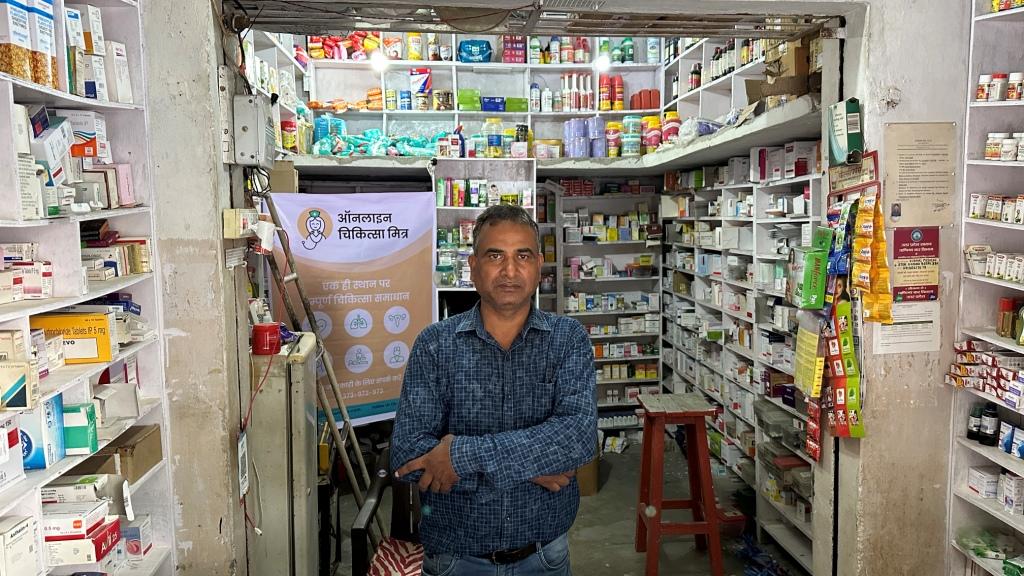
The Initiative
- Objective: Our primary objective is to leverage telemedicine to provide primary healthcare services at the grassroots level, thus closing the gap between medical expertise and remote communities. While established medical institutions such as SGPGI, KGMC, BHU and AIIMS have validated the efficacy of telemedicine, we aim to bring this technology to its final leg by making it accessible for primary care needs.
- Beneficiaries: The beneficiaries of our initiative encompass diverse segments of society. Firstly, individuals residing in remote areas without access to healthcare services stand to benefit significantly from our e-clinics. Additionally, individuals grappling with lifestyle diseases such as diabetes or hypertension, requiring frequent consultations, find our telemedicine services invaluable for managing their conditions. Furthermore, those with limited mobility and financial means benefit from our initiative, as it obviates the necessity for expensive and physically taxing travel to access medical care.
- Strategy Employed: Our strategy revolves around the establishment of a network of e-clinics in collaboration with local medical shops. Currently we have a network of over 500 e-clinics across 13 states. These e-clinics serve as accessible points for patients to connect with specialized doctors remotely. Patients visit these e-clinics to consult with doctors via video consultations and receive expert medical advice without the need for in-person visits. Following the consultation, patients receive online digital prescriptions, ensuring seamless access to medication and treatment. We also provide free follow-up consultations for up to 7 days after the initial consultation, ensuring continuity of care. Additionally, we actively seek patient feedback to assess satisfaction levels and determine if further treatment or intervention is required.
Problem Statement
Approximately 75% of India's healthcare infrastructure is concentrated in metropolitan areas, leaving rural regions, where 73% of the population resides, devoid of even primary healthcare services. This discrepancy compels rural residents to undertake lengthy journeys to urban areas for treatment, exacerbating existing health inequalities and impeding timely healthcare access. Financial constraints further compound this issue, as nearly 400 million people in India lack health insurance. This makes it challenging for many to cover even basic medical expenses, let alone incur the expenses of traveling to access medical facilities. Consequently, individuals often forego necessary medical attention due to the expenses incurred for travel, consultations, and medications.
Another critical issue with traditional consultations is that handwritten prescriptions in traditional healthcare settings pose risks of medication errors, as they are often misinterpreted and misread by the medical stores, thereby jeopardizing patient safety. As found through some studies, bad handwriting by doctors is responsible for around 7000 deaths every year.
Solution Framework
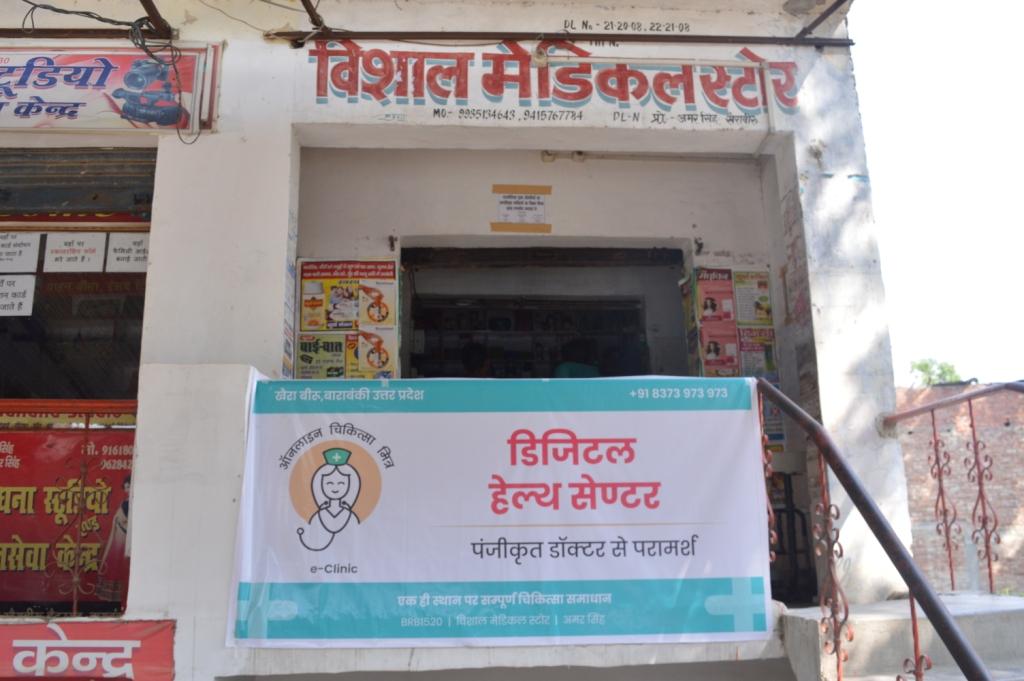 Online Chikitsa Mitra adopts a multifaceted approach by utilizing technology to overcome barriers in healthcare accessibility. We address geographical constraints prevalent in remote areas lacking medical infrastructure by deploying our telemedicine platform. This innovative tool connects patients with specialized doctors and eliminates distance barriers to healthcare access. Financial restraints are alleviated through our affordable fee structure, starting at Rs 50, ensuring accessibility for all individuals. Moreover, our digital prescription system streamlines medication management, minimizing errors associated with handwritten prescriptions, while our complimentary 7-day follow-up period provides continued support post-consultation. Additionally, our Patient Relief System promotes medication adherence, achieving an impressive 70% relief ratio. Quality of care is further enhanced through patient monitoring at OCM, providing regular updates on vital signs and medical histories, enabling personalized care and informed decision-making.
Online Chikitsa Mitra adopts a multifaceted approach by utilizing technology to overcome barriers in healthcare accessibility. We address geographical constraints prevalent in remote areas lacking medical infrastructure by deploying our telemedicine platform. This innovative tool connects patients with specialized doctors and eliminates distance barriers to healthcare access. Financial restraints are alleviated through our affordable fee structure, starting at Rs 50, ensuring accessibility for all individuals. Moreover, our digital prescription system streamlines medication management, minimizing errors associated with handwritten prescriptions, while our complimentary 7-day follow-up period provides continued support post-consultation. Additionally, our Patient Relief System promotes medication adherence, achieving an impressive 70% relief ratio. Quality of care is further enhanced through patient monitoring at OCM, providing regular updates on vital signs and medical histories, enabling personalized care and informed decision-making.
Implementation Strategy
OCM establishes partnerships with local medical shops, standalone clinics, and smaller hospitals to set up the e-clinics. These partners are equipped with the necessary hardware and software to facilitate seamless online consultations. Additionally, OCM conducts extensive training programs for Medical Support Officers (MSOs) to ensure they are proficient in using the telemedicine platform, enabling thorough record-keeping and patient management.
Through these e-clinics, OCM facilitates video consultations between patients and specialized doctors, providing expert medical advice without the need for in-person visits. Post-consultation, patients receive online digital prescriptions, ensuring immediate access to necessary medications. A follow-up mechanism is in place to ensure continuity of care, including free follow-up consultations for up to seven days after the initial consultation.
Measuring Success
Measuring the success of our initiative involves both quantitative metrics and qualitative impact stories. Firstly, our patient retention rate stands at an impressive 42%, indicating satisfaction and continued engagement with our services. Moreover, the profound impact on managing critical conditions is exemplified through compelling success stories like Mohammad Ahmad, a resilient 52-year-old, whose battle with pulmonary tuberculosis was met with uncertainty after being undiagnosed at 3 different healthcare facilities until our platform connected him with Dr. M Ashwin. Despite exhausting options elsewhere, our intervention provided accurate diagnosis and life-saving guidance and was requested to seek treatment at Govt. hospital. Equally compelling is Anushka's journey at just 14 years of age, grappling with conversion disorder with seizures. Born into humble circumstances, Anushka's mother worked as a house help and encountered difficulties in continuing her daughter's treatment at KGMU Lucknow, where Anushka had sought medical care previously. Fortunately, her neighbor recommended our services, and she found relief under the care of Dr. Ashish Tomar, transcending the limitations of her circumstances. Similarly, the transformative experience of Umesh Kumar, aged 38, echoes the power of our initiative. Umesh, suffering from rheumatoid arthritis, sought consultations at various locations including Lucknow and Lakheempur, but he found relief solely through the treatment provided by Dr. Abhishek.
Challenges and Overcoming Them
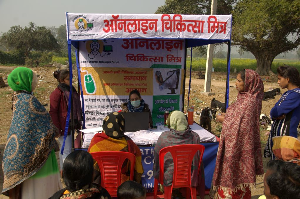 The foremost obstacle was creating awareness about virtual consultations, a concept unfamiliar to many. To overcome this obstacle, we implemented various strategies, such as setting up free health consultation camps and awareness campaigns during weekly markets in the villages with the help of our MSOs. Furthermore, technological advancements have significantly enhanced our diagnostic capabilities, allowing our doctors to deliver high-quality care remotely while ensuring patient confidentiality. These advancements, coupled with efforts to increase awareness and maintain patient confidentiality have led to greater user adoption and penetration. Additionally, addressing the disparity in women's healthcare in rural India posed a significant challenge, given historical neglect of women's health issues. However, we have been able to successfully boost female participation, by onboarding female doctors and a swift patient relief team, which has helped us achieve a 58% female ratio. Lastly, to streamline access to our services further, we're developing a dedicated app, aiming to enhance convenience and accessibility for all users.
The foremost obstacle was creating awareness about virtual consultations, a concept unfamiliar to many. To overcome this obstacle, we implemented various strategies, such as setting up free health consultation camps and awareness campaigns during weekly markets in the villages with the help of our MSOs. Furthermore, technological advancements have significantly enhanced our diagnostic capabilities, allowing our doctors to deliver high-quality care remotely while ensuring patient confidentiality. These advancements, coupled with efforts to increase awareness and maintain patient confidentiality have led to greater user adoption and penetration. Additionally, addressing the disparity in women's healthcare in rural India posed a significant challenge, given historical neglect of women's health issues. However, we have been able to successfully boost female participation, by onboarding female doctors and a swift patient relief team, which has helped us achieve a 58% female ratio. Lastly, to streamline access to our services further, we're developing a dedicated app, aiming to enhance convenience and accessibility for all users.
Scalability and Replication
We prioritize end-to-end patient recovery, ensuring continuity of care and support throughout the treatment journey. This approach not only enhances patient outcomes but also fosters trust and loyalty, laying a strong foundation for scalability. Leveraging integrations and partnerships is another key strategy for scaling up our initiative. By collaborating with healthcare providers, technology firms, and community organizations, we bridge gaps in healthcare access and make our services more widely accessible. These partnerships enable us to tap into existing infrastructure and expertise, accelerating the expansion of our initiative into new regions or contexts.
Disclaimer: The information contained in this article is courtesy of Online Chikitsa Mitra.




 India's rural healthcare system faces significant challenges, including limited infrastructure, a shortage of professionals, and widespread lack of awareness about proper medical care. Addressing these critical disparities, Online Chikitsa Mitra was founded to provide quality, long-term healthcare to everyone, irrespective of their location. This innovative start-up connects remote patients with specialist doctors through E-clinics located in local medical stores. These store owners are trained to facilitate teleconsultations, ensuring that patients receive necessary care and follow-up without the need to travel long distances, which can sometimes exceed 50 kilometers.
India's rural healthcare system faces significant challenges, including limited infrastructure, a shortage of professionals, and widespread lack of awareness about proper medical care. Addressing these critical disparities, Online Chikitsa Mitra was founded to provide quality, long-term healthcare to everyone, irrespective of their location. This innovative start-up connects remote patients with specialist doctors through E-clinics located in local medical stores. These store owners are trained to facilitate teleconsultations, ensuring that patients receive necessary care and follow-up without the need to travel long distances, which can sometimes exceed 50 kilometers. Shubhang Tandon, inspired by the stark healthcare divide in rural India, founded Online Chikitsa Mitra in 2019 to democratize healthcare access using technology. He was joined by his sister Smriti Tandon shortly after. What began as a pilot project has grown to facilitate over 62,800 virtual consultations across more than 13 states. The start-up's vision includes establishing over 100,000 E-clinics nationwide, aiming to make quality healthcare a right rather than a privilege. With more than 50 associated doctors and 500 E-clinics already in operation, Online Chikitsa Mitra is transforming healthcare accessibility in India and striving to ensure that good health is a fundamental human right for all.
Shubhang Tandon, inspired by the stark healthcare divide in rural India, founded Online Chikitsa Mitra in 2019 to democratize healthcare access using technology. He was joined by his sister Smriti Tandon shortly after. What began as a pilot project has grown to facilitate over 62,800 virtual consultations across more than 13 states. The start-up's vision includes establishing over 100,000 E-clinics nationwide, aiming to make quality healthcare a right rather than a privilege. With more than 50 associated doctors and 500 E-clinics already in operation, Online Chikitsa Mitra is transforming healthcare accessibility in India and striving to ensure that good health is a fundamental human right for all.
 Online Chikitsa Mitra adopts a multifaceted approach by utilizing technology to overcome barriers in healthcare accessibility. We address geographical constraints prevalent in remote areas lacking medical infrastructure by deploying our telemedicine platform. This innovative tool connects patients with specialized doctors and eliminates distance barriers to healthcare access. Financial restraints are alleviated through our affordable fee structure, starting at Rs 50, ensuring accessibility for all individuals. Moreover, our digital prescription system streamlines medication management, minimizing errors associated with handwritten prescriptions, while our complimentary 7-day follow-up period provides continued support post-consultation. Additionally, our Patient Relief System promotes medication adherence, achieving an impressive 70% relief ratio. Quality of care is further enhanced through patient monitoring at OCM, providing regular updates on vital signs and medical histories, enabling personalized care and informed decision-making.
Online Chikitsa Mitra adopts a multifaceted approach by utilizing technology to overcome barriers in healthcare accessibility. We address geographical constraints prevalent in remote areas lacking medical infrastructure by deploying our telemedicine platform. This innovative tool connects patients with specialized doctors and eliminates distance barriers to healthcare access. Financial restraints are alleviated through our affordable fee structure, starting at Rs 50, ensuring accessibility for all individuals. Moreover, our digital prescription system streamlines medication management, minimizing errors associated with handwritten prescriptions, while our complimentary 7-day follow-up period provides continued support post-consultation. Additionally, our Patient Relief System promotes medication adherence, achieving an impressive 70% relief ratio. Quality of care is further enhanced through patient monitoring at OCM, providing regular updates on vital signs and medical histories, enabling personalized care and informed decision-making. The foremost obstacle was creating awareness about virtual consultations, a concept unfamiliar to many. To overcome this obstacle, we implemented various strategies, such as setting up free health consultation camps and awareness campaigns during weekly markets in the villages with the help of our MSOs. Furthermore, technological advancements have significantly enhanced our diagnostic capabilities, allowing our doctors to deliver high-quality care remotely while ensuring patient confidentiality. These advancements, coupled with efforts to increase awareness and maintain patient confidentiality have led to greater user adoption and penetration. Additionally, addressing the disparity in women's healthcare in rural India posed a significant challenge, given historical neglect of women's health issues. However, we have been able to successfully boost female participation, by onboarding female doctors and a swift patient relief team, which has helped us achieve a 58% female ratio. Lastly, to streamline access to our services further, we're developing a dedicated app, aiming to enhance convenience and accessibility for all users.
The foremost obstacle was creating awareness about virtual consultations, a concept unfamiliar to many. To overcome this obstacle, we implemented various strategies, such as setting up free health consultation camps and awareness campaigns during weekly markets in the villages with the help of our MSOs. Furthermore, technological advancements have significantly enhanced our diagnostic capabilities, allowing our doctors to deliver high-quality care remotely while ensuring patient confidentiality. These advancements, coupled with efforts to increase awareness and maintain patient confidentiality have led to greater user adoption and penetration. Additionally, addressing the disparity in women's healthcare in rural India posed a significant challenge, given historical neglect of women's health issues. However, we have been able to successfully boost female participation, by onboarding female doctors and a swift patient relief team, which has helped us achieve a 58% female ratio. Lastly, to streamline access to our services further, we're developing a dedicated app, aiming to enhance convenience and accessibility for all users.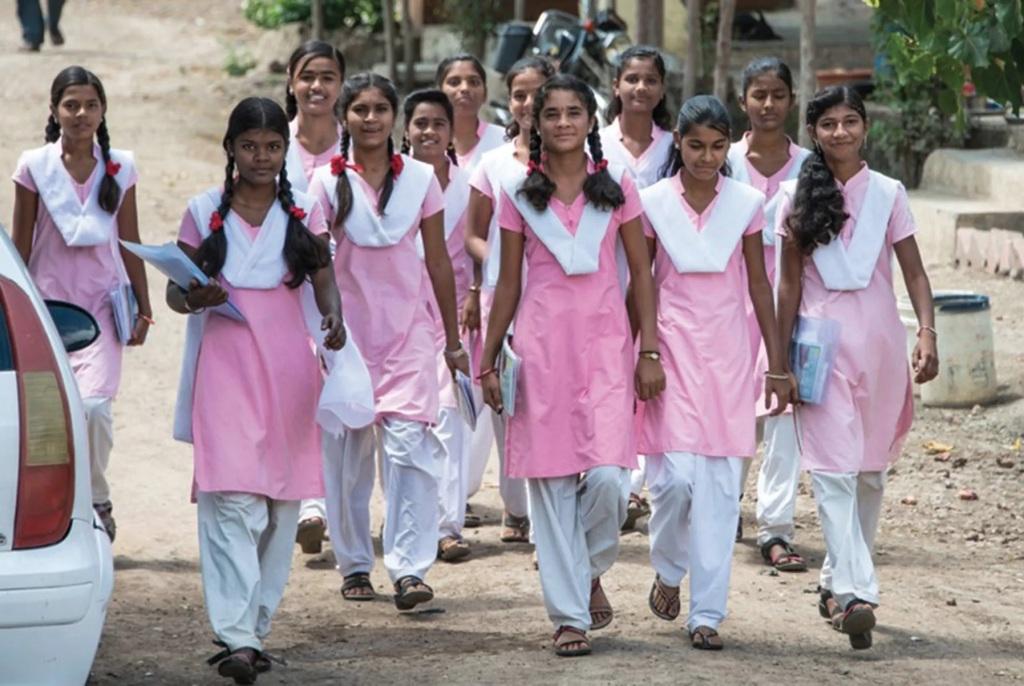


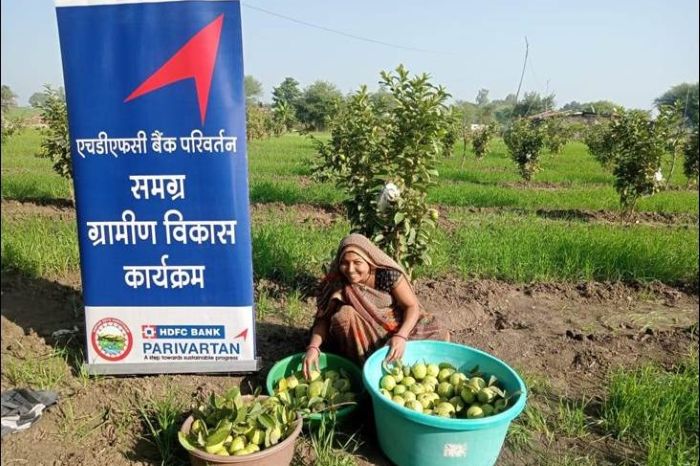
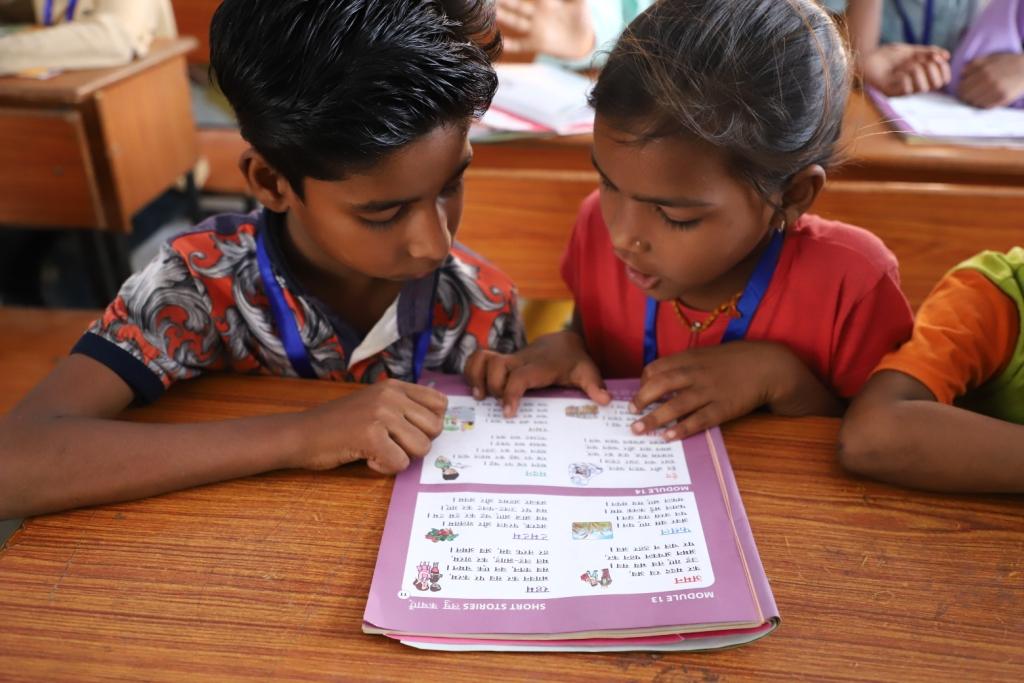
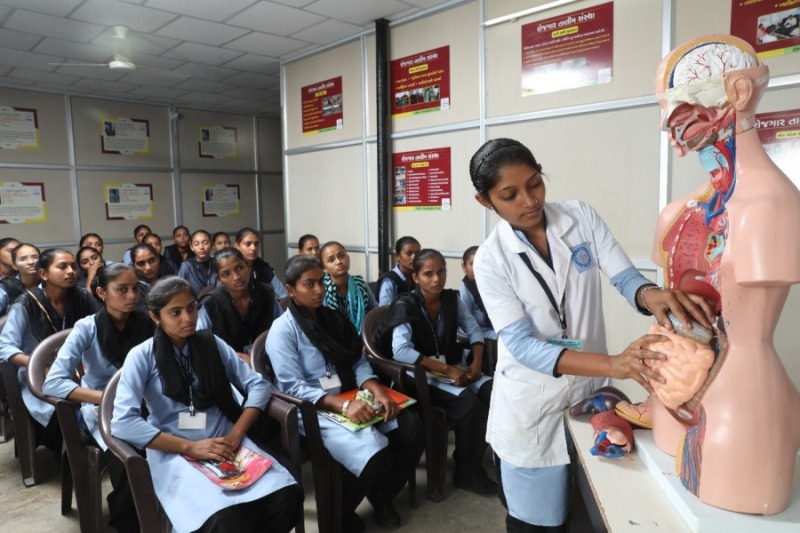

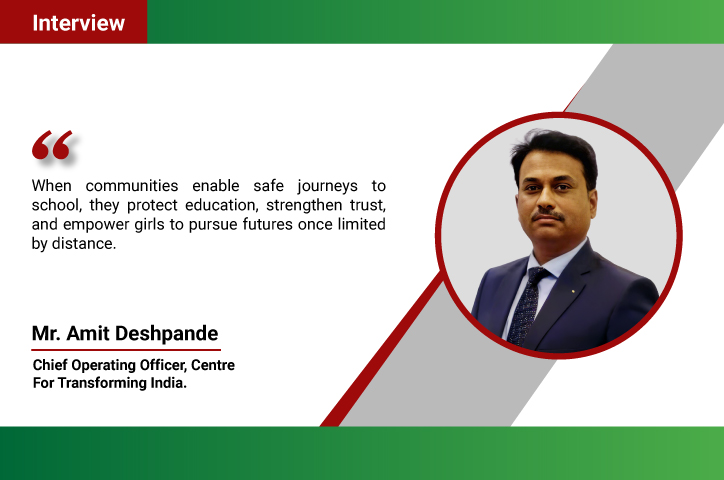
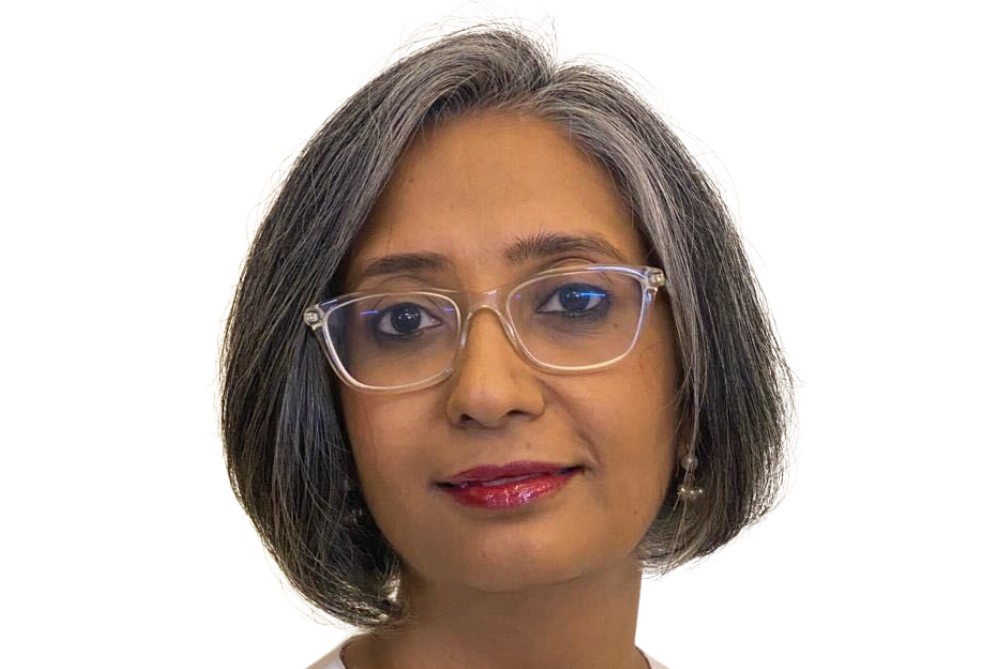





.jpg)



